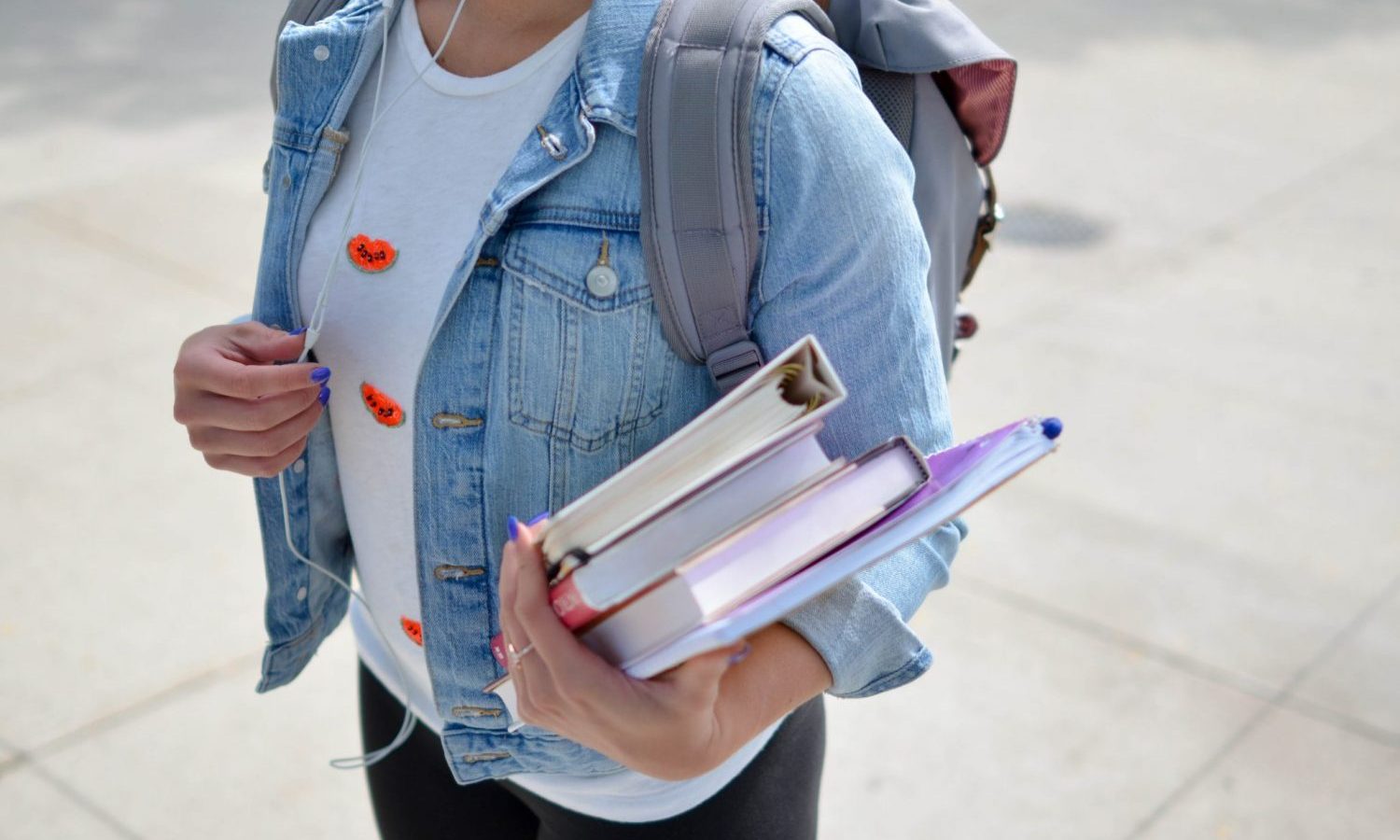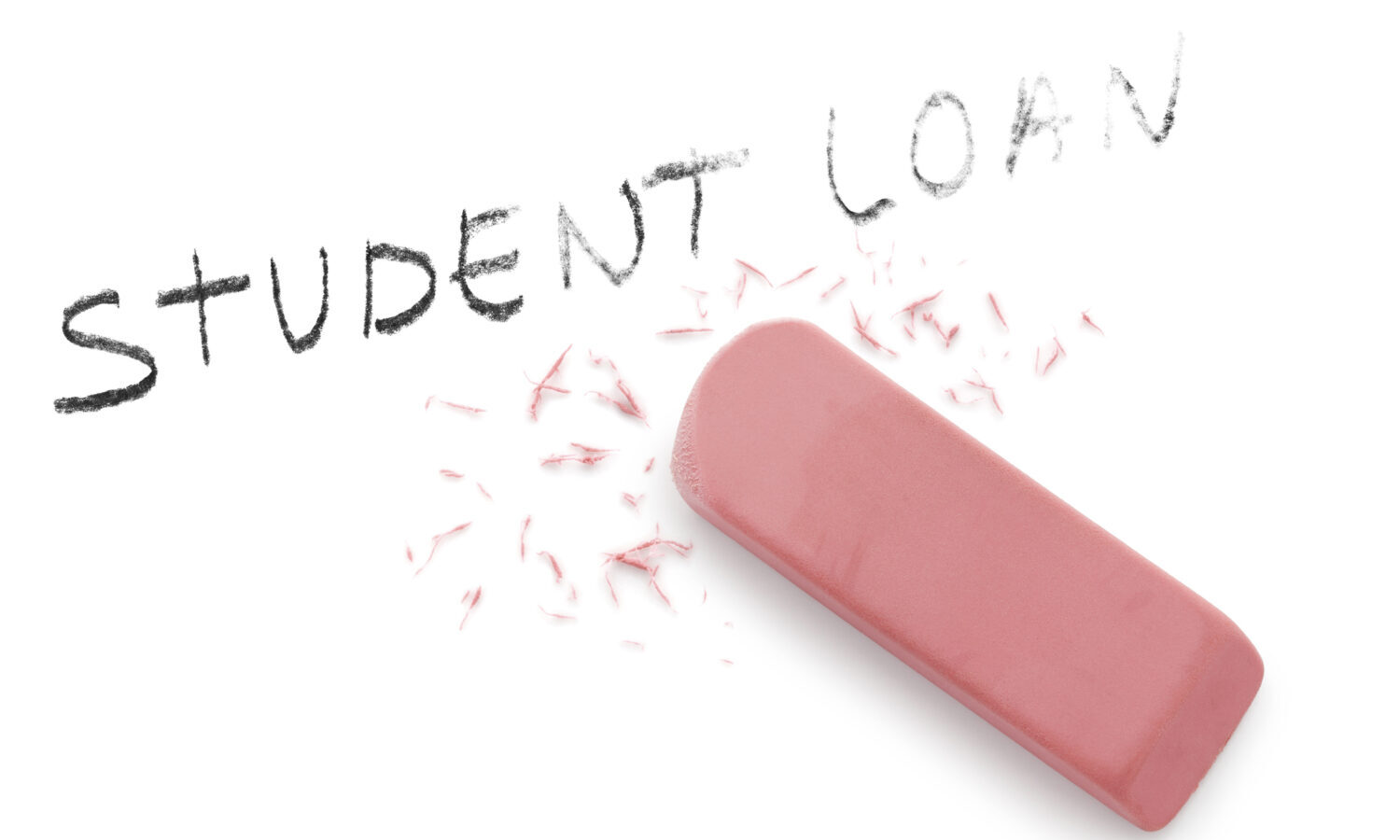In 2020, the ban on Pell Grants for people who served prison time was finally lifted, but those who took out loans prior to the repeal were “disproportionately shut out” of Biden’s plan.
By
When announcing his proposal to forgive federal student loans, President Joe Biden said the intention was to help minimize the racial wealth disparity in the US. However, one important detail regarding a crucial component of the plan wasn’t mentioned at the time: loan forgiveness for convicted drug offenders who were denied federal financial aid, including Pell Grants.
According to the Associated Press, those who wanted to go to college after serving time had no choice but to take on “larger, often predatory, private student loans.”
In 2020, the ban on Pell Grants for people who served prison time was finally lifted, but those who took out loans prior to the repeal were “disproportionately shut out” of Biden’s plan, the report continued.
The situation serves as yet another example of the negative effects the so-called “war on drugs” — a US legislative agenda that Biden supported back when he was a senator.
And the legislation didn’t affect all people equally. Black and Latino men were the ones who suffered the most, because they were far more likely to be criminalized than white people.
Biden did note how America’s student loan debt burden, which is above $1.6 trillion, is especially heavy on Black and Hispanic borrowers, who on average have less family wealth to pay for it.
According to data from the Student Borrower Protection Center, “Black students are four times as likely to struggle in repayment on private student debt in comparison to their white peers.”

What Is Biden’s Loan Debt Relief Plan?
Biden’s plan grants relief to roughly 43 million people with student debt (potentially the full remaining balance for about 20 million Americans). Among those who qualify for debt relief, more than 60% are Pell Grant recipients.
The Department of Education should provide up to $10,000 in federal student debt cancellation for individuals with annual income below $125,000 or married couples with a combined income of $250,000 or less, according to a statement from the White House.
RELATED: Sanders Claps Back At Ted Cruz For Telling ‘Slackers To Get Off The Bong’ And Vote
Up to $20,000 in debt cancellation will be made available to Pell Grant recipients.
According to the White House, Black borrowers are twice as likely to have received Pell Grants “compared to their white peers.”
Black student loan borrowers are twice as likely to have received Pell Grants compared to their white peers.
By providing targeted relief to Pell Grant recipients, the Biden-Harris Administration’s plan will help narrow the racial wealth gap and advance racial equity.
— The White House (@WhiteHouse) August 27, 2022
What About Those Who Were Denied Pell Grants?
The Associated Press cited sources explaining how Biden’s plan should consider and address previous anti-drug laws.
One observer, JustLeadershipUSA president DeAnna Hoskins, noted how there are tens of thousands of people who had no other option than to take out private student loans (which come with additional risks for borrowers including high-interest rates and fewer protections) all because of the ban on Pell Grants.
RELATED: Racism Persists In States With Criminal Penalties For Cannabis Possession
“This is why it’s so important, when decisions like this are being made, that the voices of people with lived experiences are present,” she said. “We can help you obtain the equity you’re seeking.”
This article originally appeared on Benzinga and has been reposted with permission.


